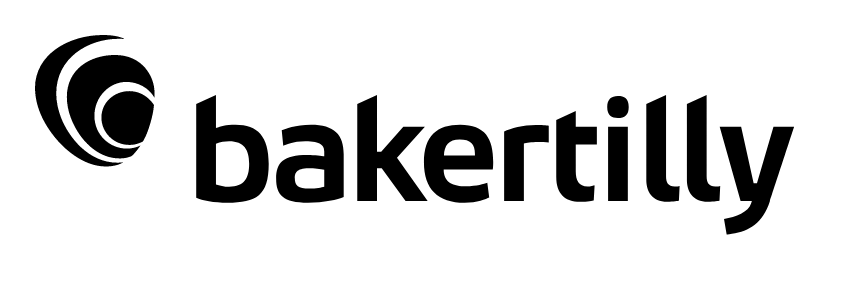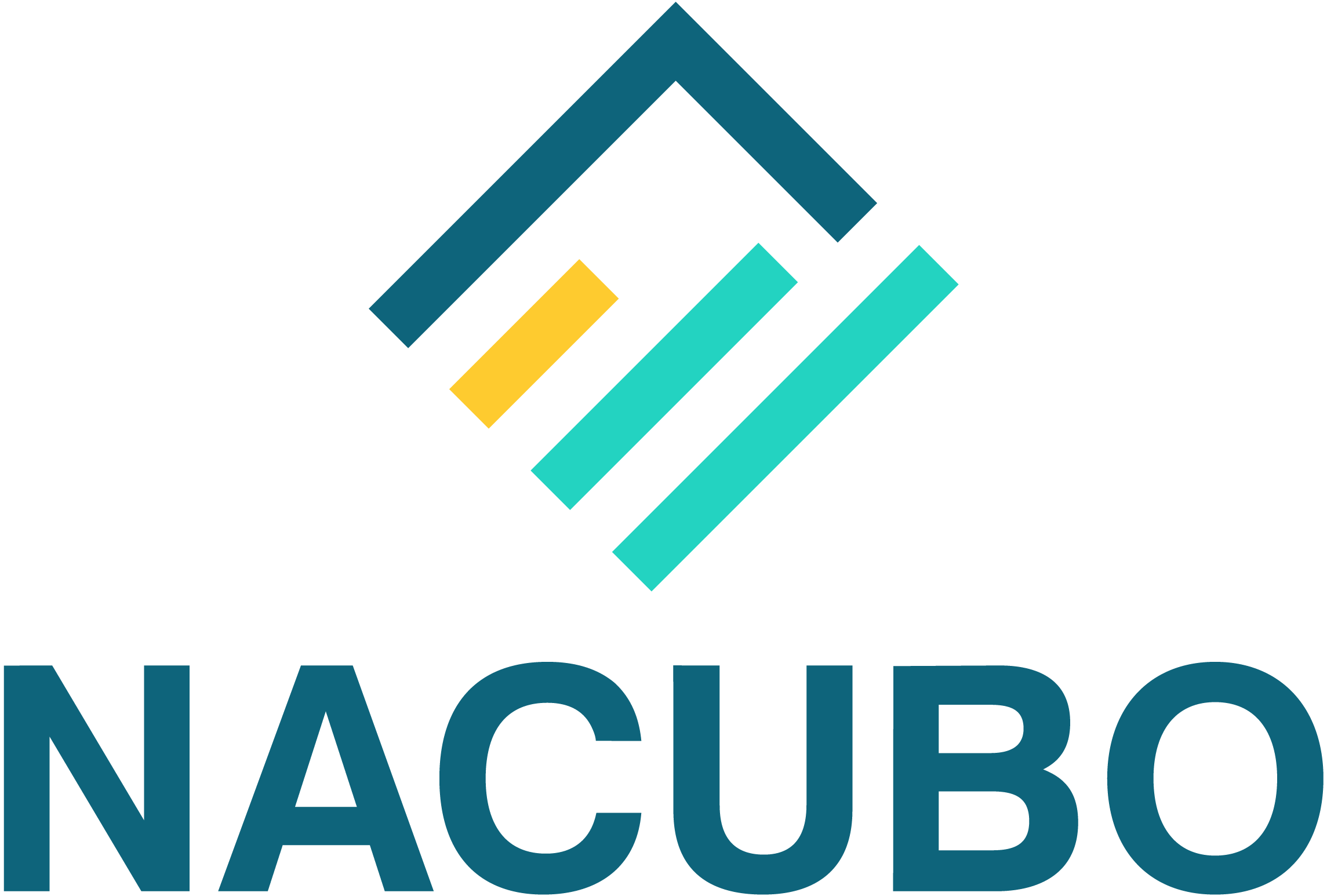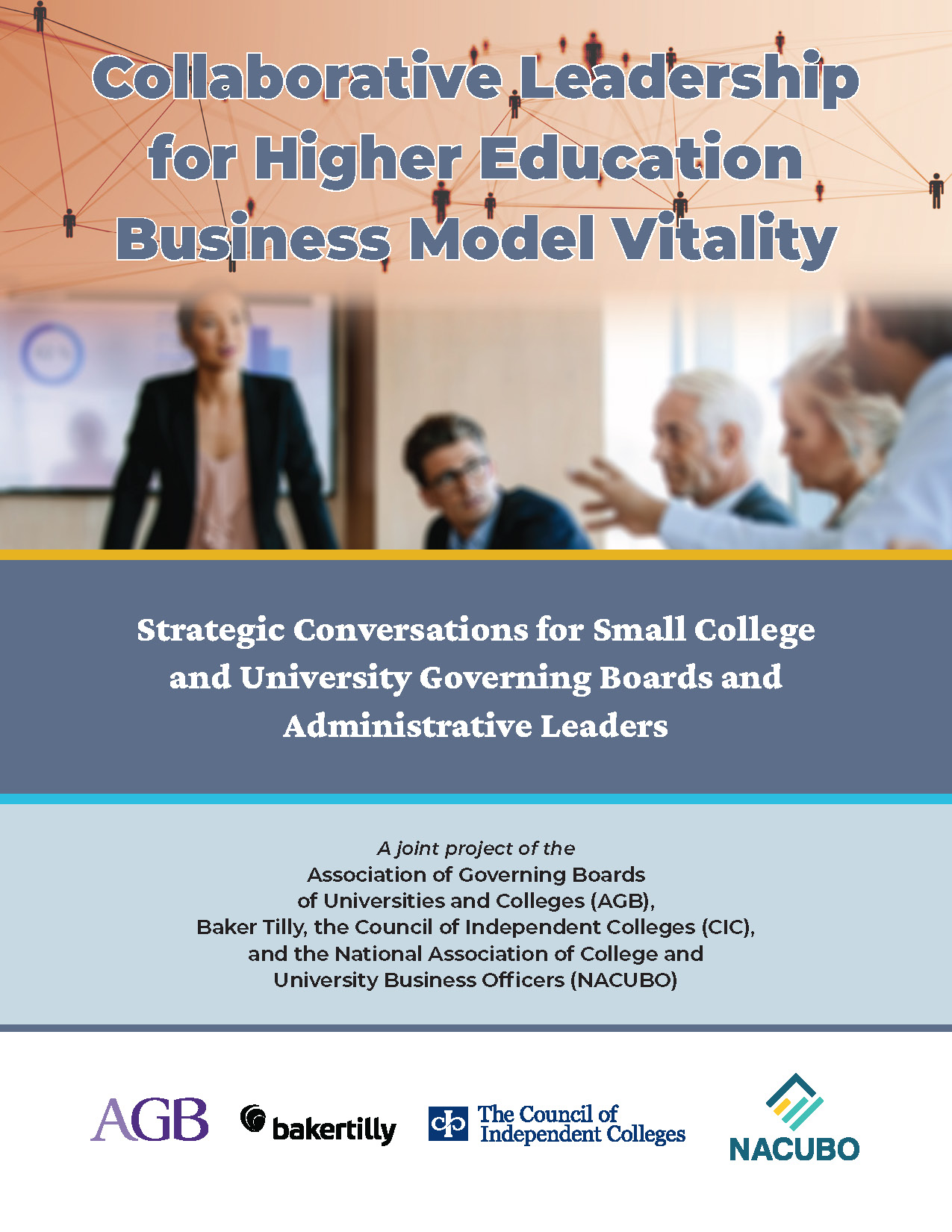Strategic Conversations for Small College and University Governing Boards and Administrative Leaders
In this highly disruptive and uncertain period for higher education, while governing boards and the senior leadership of colleges and universities may be fulfilling their roles conscientiously, their efforts may not be enough to ensure the long-term viability of their institution’s business model. Pre-COVID-19 market forces presented significant headwinds for many higher education institutions, and as the post-COVID-19 period unfolds these economic and competitive pressures continue to mount.
Industry professionals believe less selective small private colleges and universities with limited financial resources are especially vulnerable. They face greater financial challenges than more selective institutions, and these challenges often afford their leaders little time to react. For those institutions that have been able to institute sound business practices, however, a higher probability of future success may be the reward. And for those with more work to do to strengthen or revitalize the business model, there are many positive examples of business model adaption or transformation from which to learn. Those institutions that embark upon the honest and constructive leadership conversations outlined in this report will be ready for the timely and decisive action required to secure their futures.
While it is not possible for most institutions to completely immunize the business model from the array of disruptive market forces, there are policies and processes that governing boards and senior leadership can put in place to mitigate these risks. This report presents these business model risk mitigation steps as a series of collaborative leadership conversations. Through such dialogue institutional leadership can define expectations, clarify business goals and objectives, and prioritize the steps necessary to position the institution to weather the economic headwinds currently facing many colleges and universities today. These conversations can further promote institutional transparency and instill confidence among stakeholders by demonstrating an awareness of those critical factors that promote the success of an institution’s business model.










